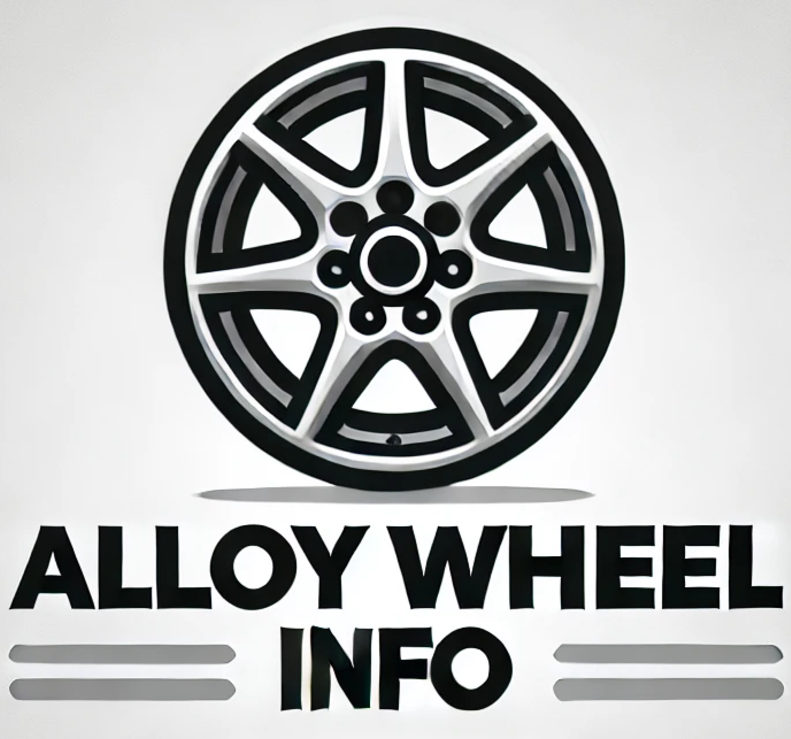Upgrading your car with aftermarket alloy wheels is one of the most popular modifications among car enthusiasts. The right set of alloy wheels can enhance your vehicle’s aesthetics, improve performance, and even increase its resale value. However, there are several key factors to consider before making the switch. This guide will walk you through the most important aspects to ensure your modification is both safe and stylish.
1. Compatibility with Your Car
Fitment is Key
The first thing to check is whether the aftermarket alloy wheels are compatible with your car. This includes factors such as:
- Bolt Pattern: Ensure the bolt pattern matches your car’s hub.
- Offset: The offset determines how far the wheel sticks out from or tucks into the wheel arch. Incorrect offsets can affect handling and may cause rubbing.
- Centre Bore: The centre bore of the wheel should match your car’s hub diameter to prevent vibrations.
Professional Advice
Consult your vehicle manual or a wheel expert to determine the correct specifications for your car.
2. Size Matters
Wheel Diameter and Width
Larger alloy wheels can improve cornering performance and give your car a sportier appearance, but they also require low-profile tyres, which can compromise ride comfort. Consider:
- Smaller Wheels: Better for everyday driving, offering a smoother ride and lower costs.
- Larger Wheels: Provide a more aggressive look and improved handling but may reduce fuel efficiency.
Tyre Compatibility
When changing the wheel size, ensure your tyres are compatible. Tyres that are too large or small can cause speedometer inaccuracies and affect the car’s safety.
3. Impact on Handling and Performance
Weight of Alloy Wheels
Aftermarket alloy wheels are often lighter than factory-fitted steel wheels, which can improve acceleration, braking, and overall handling. However, overly large wheels may increase unsprung weight, which can negatively impact performance.
Balance and Alignment
Improperly installed alloy wheels can disrupt your car’s alignment, leading to uneven tyre wear and compromised handling. Professional installation and regular balancing are crucial.
4. Style and Aesthetic Appeal
Choose the Right Design
Aftermarket alloy wheels come in countless designs, from sleek and minimalist to bold and aggressive. Choose a style that complements your car’s overall look while reflecting your personality.
Finishes and Colours
Popular options include matte black, polished silver, chrome, and even custom paint jobs. Ensure the finish you choose is durable and resistant to road grime and brake dust.
5. Legal and Insurance Considerations
MOT Compliance
In the UK, any modifications to your car must comply with road safety standards. Alloy wheels that extend too far beyond the bodywork can fail an MOT test.
Inform Your Insurer
Fitting aftermarket alloy wheels can be considered a modification, and failure to notify your insurer could invalidate your policy. Be upfront about the changes to avoid any issues.
6. Maintenance and Care
Regular Cleaning
Alloy wheels require proper maintenance to keep them looking their best. Use non-acidic wheel cleaners and soft brushes to avoid damaging the finish.
Inspect for Damage
Alloy wheels are more prone to kerb damage and scratches than steel wheels. Regularly inspect them for chips, cracks, or bends that could compromise safety.
7. Cost and Budget
Factor in Hidden Costs
Beyond the price of the wheels, consider additional expenses such as:
- New tyres.
- Installation and balancing fees.
- Potential adjustments to your suspension or wheel alignment.
Long-Term Investment
While aftermarket alloy wheels can be expensive, investing in high-quality options from reputable brands ensures durability and performance.
8. Ride Comfort and Noise
Low-Profile Tyres and Comfort
If you opt for larger alloy wheels, you’ll likely need low-profile tyres. These can increase road noise and reduce comfort on uneven surfaces. Consider your driving habits and typical road conditions when choosing your wheels and tyres.
9. Resale Value
Enhance or Hurt Value
Well-chosen aftermarket alloy wheels can increase your car’s resale value by improving its aesthetics and perceived performance. However, poorly installed or overly flashy wheels may deter some buyers. Choose designs that are timeless and widely appealing. Websites that specialise in selling modified cars can help give you an idea of resale values for cars with aftermarket wheels.
10. Professional Installation
Get It Done Right
Always have your aftermarket alloy wheels installed by a professional to ensure safety and optimal performance. They’ll handle:
- Correct torque on the lug nuts.
- Proper wheel alignment.
- Balancing to avoid vibrations.
Upgrading your car with aftermarket alloy wheels can be an exciting way to personalise your vehicle and enhance its performance. By considering factors like compatibility, size, style, and legal requirements, you can make an informed choice that adds value to your car. Take your time, do your research, and consult experts to ensure your new wheels are a perfect fit for both your car and your driving style.
